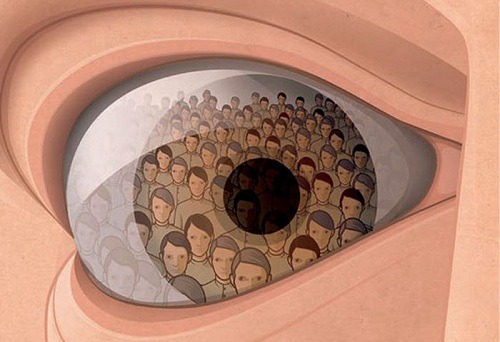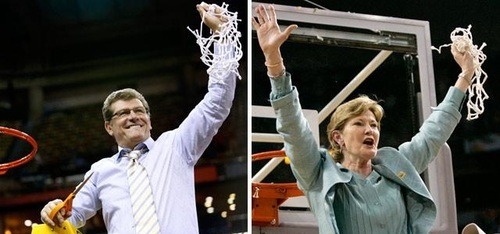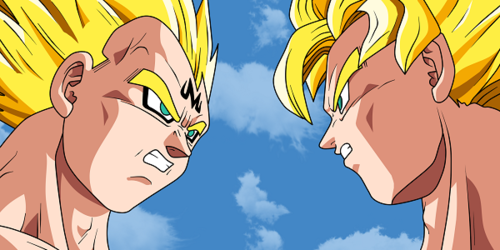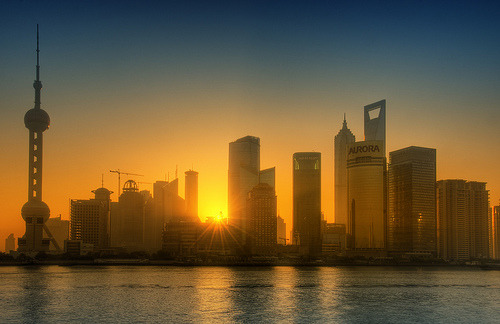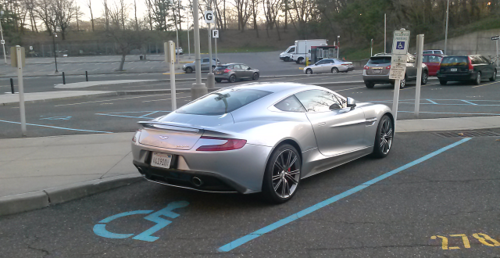
During this wait for my scheduled Firefighter’s Physical Fitness Exam, numerous training programs have reached out to offer strength and aerobic preparation. I met one such program at Prospect Park during one of my routine laps: I’m an athlete; then I passed them: I’m a competitor. And during the weekend that just passed, gratefully filled with humid 60 degree days, I biked from Brooklyn College to 138th Street, and took multiple back and forth journeys in between, which amounted to some 40 pedaled miles. I was accompanied on one such ride by a friend, who submitted my quote of the week:
You don’t just bounce off of cars and continue living.
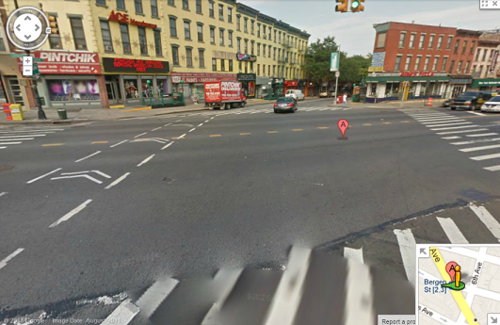
False. I have. Crossing Flatbush Avenue on Bergen Avenue (pictured above), a car attempted to park through my bike lane, while I tried to round a routine corner. I instructed that driver on proper driving etiquette, hopefully enough to save another biker from a similar experience. My point though, is that my idea of living is not “not dying.” I have seen fear turn “try or quit” choices into “life or death” scenarios. Things happen; stay aware, don’t over react, and respond appropriately. Maybe my assessment isn’t fair, considering my next chosen professional endeavor is designed to face death.
Don’t be misled, I’m a responsible adult who doesn’t play real life Road Rage. I brake at red lights and stop signs then go through them if there isn’t traffic. I pay attention to my surroundings, which way upcoming streets are directed, car indicators, and last minute wheel turns. I should probably wear a helmet more often. At the same time, I will ride twenty miles exhausted, fueled by no more than a Starbucks bagel and Chipotle burrito. It’s in my nature to jump off of my bike and play intense basketball games wearing a pair of khaki shorts and polo shirt; because that sedentary life isn’t for me. A while back, a friend asked why I quit smoking and drinking alcohol, I told him that I wanted to experience my prime in its prime; this same dude got ripped on P90X months later and I couldn’t be prouder. In lieu of wishing for an easier life, I work for greater resolve; so go ahead and chase the path most traveled, I will not be joining you. For everyone else, let’s do this.
Some pertinent tweets from this weekend:
- While I hack up phlegm from 1996, can someone wish upon a star that it doesn't rain on my ride home please?
- After fifteen undocumented miles from Chambers to 138th and back, then two basketball wins, this is my reward #NYC #athlete #fit #healthy thanks for leaving me @tiantha
- One night, far into the future, I will wish for the right conditions to ride, tonight was not one of those nights #grateful.
- Starting from here, riding to the Manhattan Center near Penn Station for TechCrunch Disrupt #Hackathon
